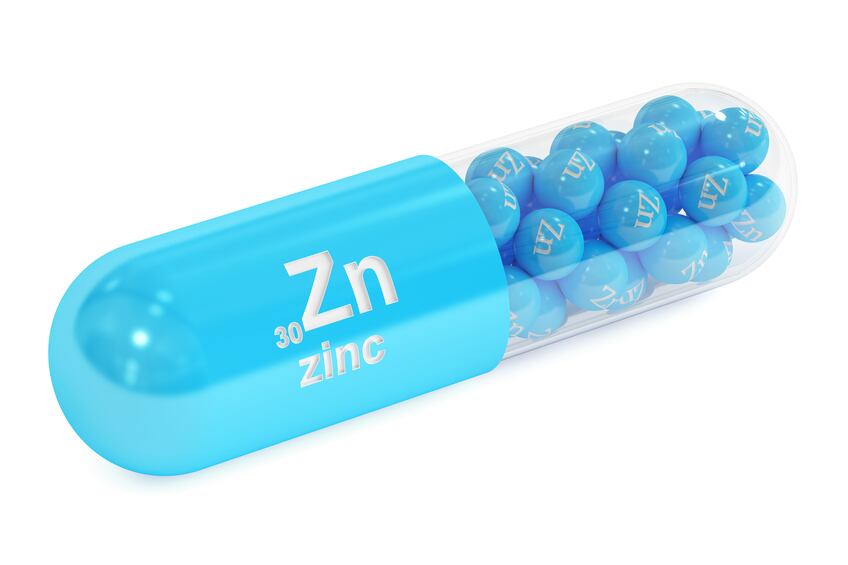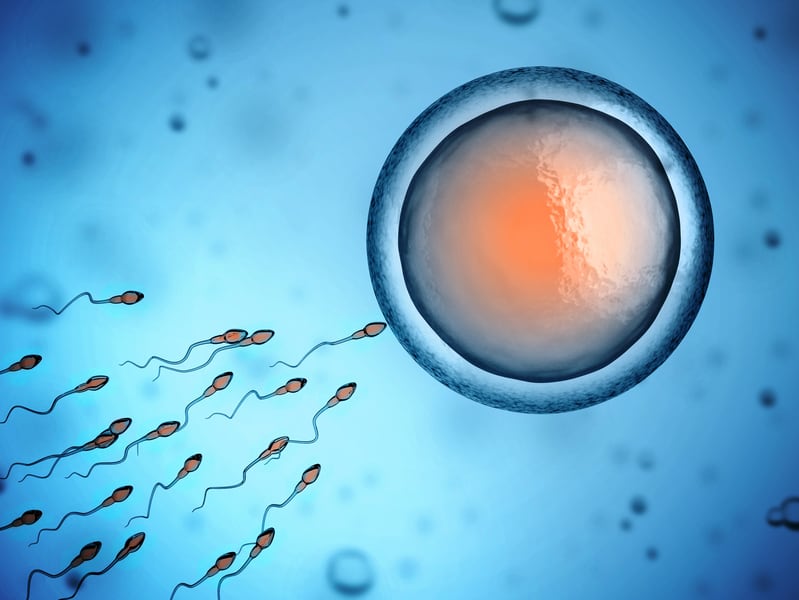Writing in the journal Frontiers in Molecular Neuroscience, researchers identify zinc deficiency as an environmental ‘insult’ to child development that interferes with brain cell synapses in a mechanism coded by autism risk genes.
“Zinc shapes the properties of developing synapses via Shank proteins,” explained co-senior study author professor John Huguenard, from Stanford University School of Medicine.
"This suggests that a lack of zinc during early development might contribute to autism through impaired synaptic maturation and neuronal circuit formation,"
"Understanding the interaction between zinc and Shank proteins could therefore lead to diagnostic, treatment and prevention strategies for autism."
While one possible prevention strategy might be the supplementation of this mineral, the team were not at a stage “to make conclusions or recommendations for zinc supplementation at this point”.
“But experimental work in autism models also holds promise," pointed out co-senior study author professor Craig Garner of the German Centre for Neurodegenerative Diseases.
"Currently, there are no controlled studies of autism risk with zinc supplementation in pregnant women or babies, so the jury is still out,” he added.
Shank protein role
Autism Spectrum Disorders (ASDs) are noted for a number of symptoms observed during the first three years of life.
It is this crucial window if development that also sees the intense formation and refinement of synaptic connections.
Gaps in synaptic development are linked with ASD-related environmental factors such as prenatal inflammation and zinc deficiency during the critical periods of brain development.
These findings underscore synapse development as a possible focus for genetic and environmental interactions.
Through a series of experiments, the team from the German Center for Neurodegenerative Diseases (DZNE) and Stanford University, offer a mechanism that follows zinc to the target neuron where it can bind two such proteins: Shank2 and Shank3.
These proteins are implicated in the maturation of adjacent signal receptors, called 'AMPARs', on the neuron's surface located on the synapse.
In explaining how zinc shapes the properties of developing synapses via Shank proteins, study's lead author and former Stanford graduate student Dr Huong Ha said, “In developing rat neurons, we found that Shank 2 and 3 accumulate at synapses in parallel with a switch to mature AMPARs”.
“Adding extra zinc accelerated the switch - but not when we reduced the accumulation of Shank 2 or 3."
The paper added that data in this study also suggested the elevation of zinc near synapses, as occurs during synaptic transmission, simultaneously promoting the removal of GluA1 receptors from Shank2 complexes.
Previous work has identified the loss of Shank2 in mice resulted in reduced GluA1 levels, delayed synaptic maturation, and a reduction of AMPA receptor (AMPAR) function.
Supplementation worth it?
The team were hesitant to comment on the benefits of zinc supplementation on reducing autism risk, citing the lack of controlled studies in pregnant women or babies.
Taking too much zinc reduces the amount of copper the body can absorb, which can lead to anaemia and weakening of the bones.
Conversely, zinc deficiency does not necessarily imply a dietary deficiency - and could result instead from problems with absorption in the gut, for example.
"Nevertheless, our findings offer a novel mechanism for understanding how zinc deficiency - or disrupted handling of zinc in neurons - might contribute to autism," said Garner.
Source: Frontiers in Molecular Neuroscience
Published online: doi.org/10.3389/fnmol.2018.00405
“Shank and Zinc Mediate an AMPA Receptor Subunit Switch in Developing Neurons.”
Authors: Huong Ha et al.




